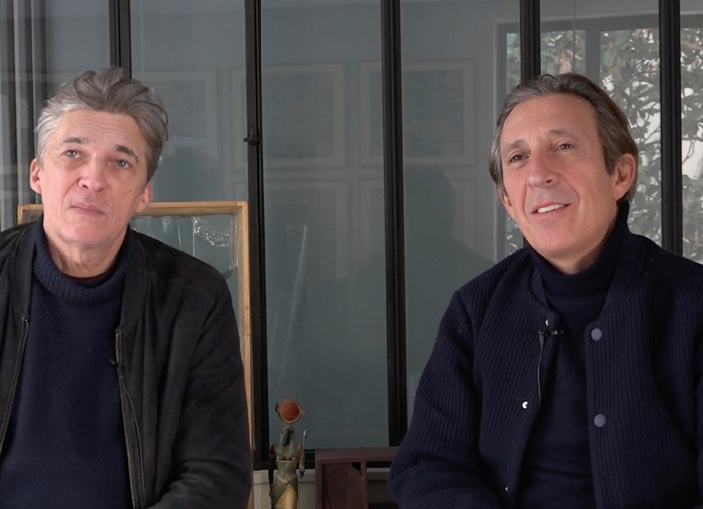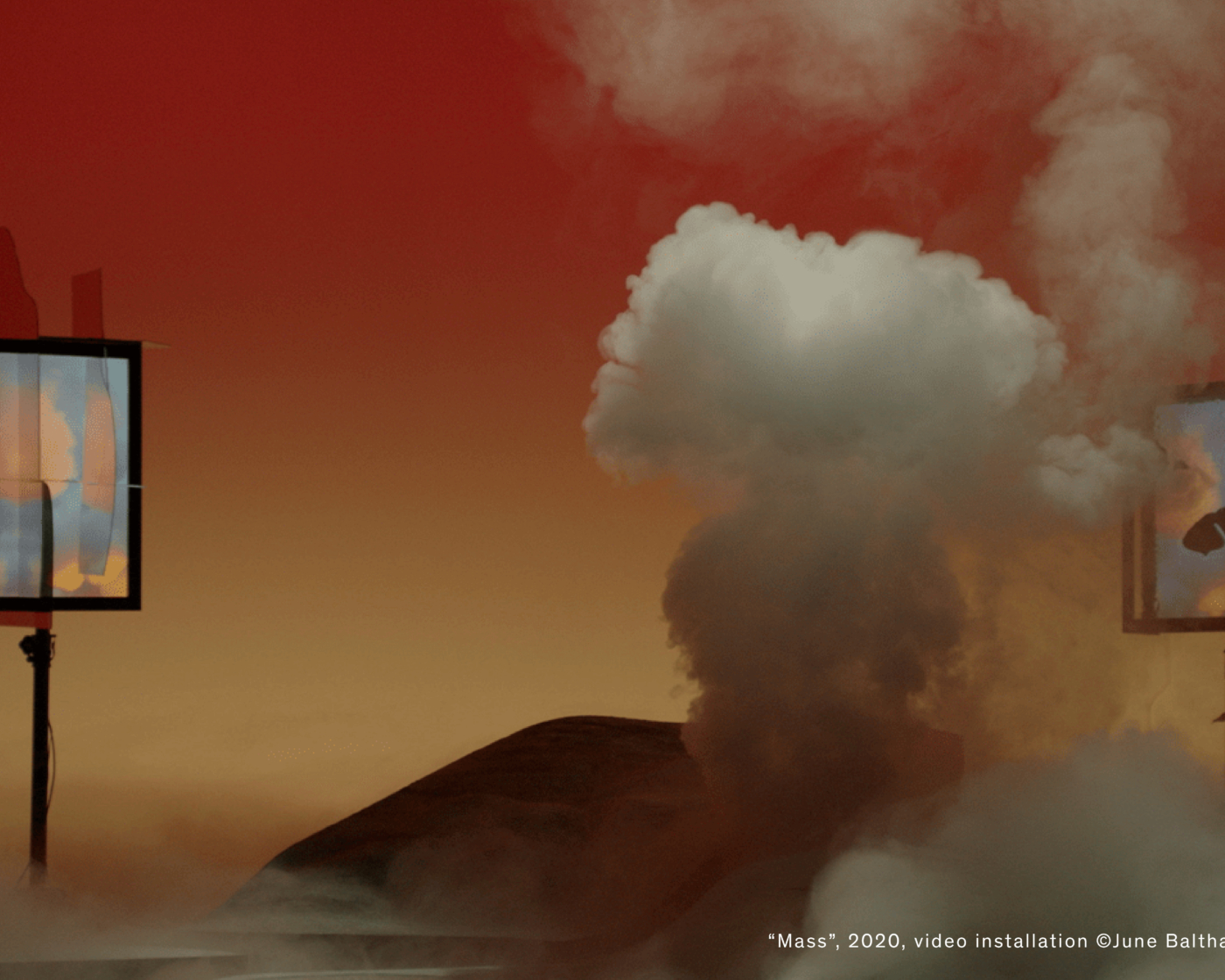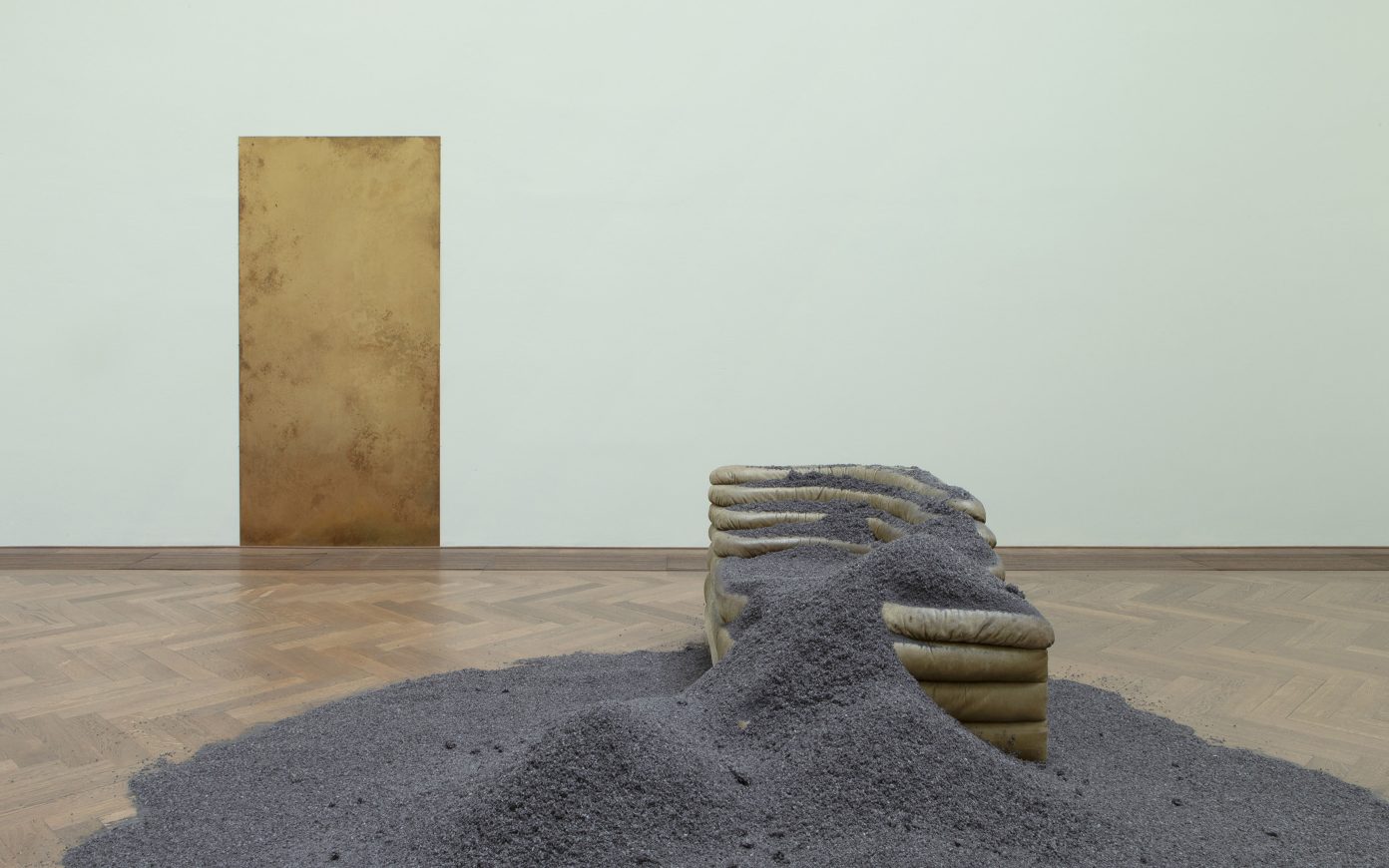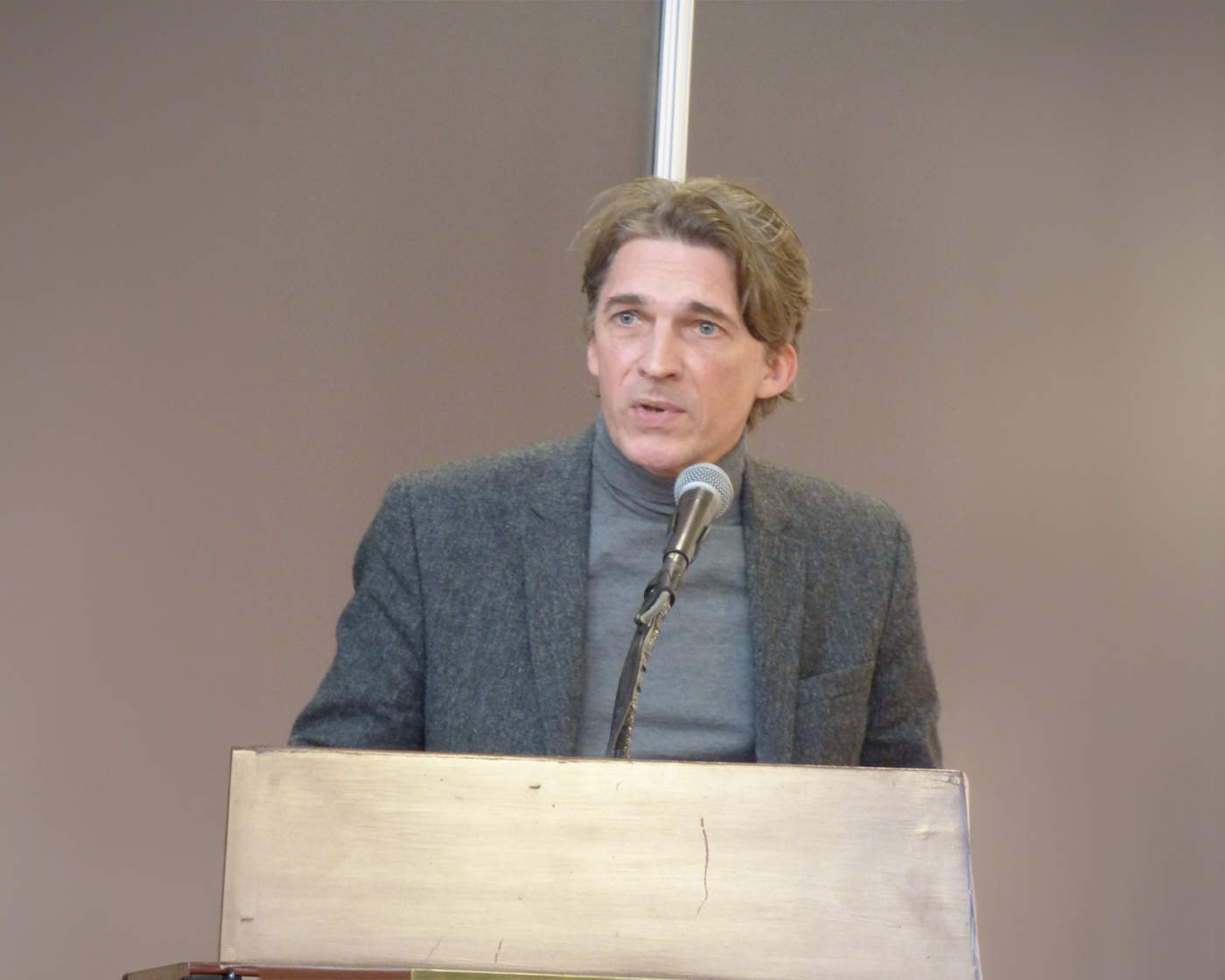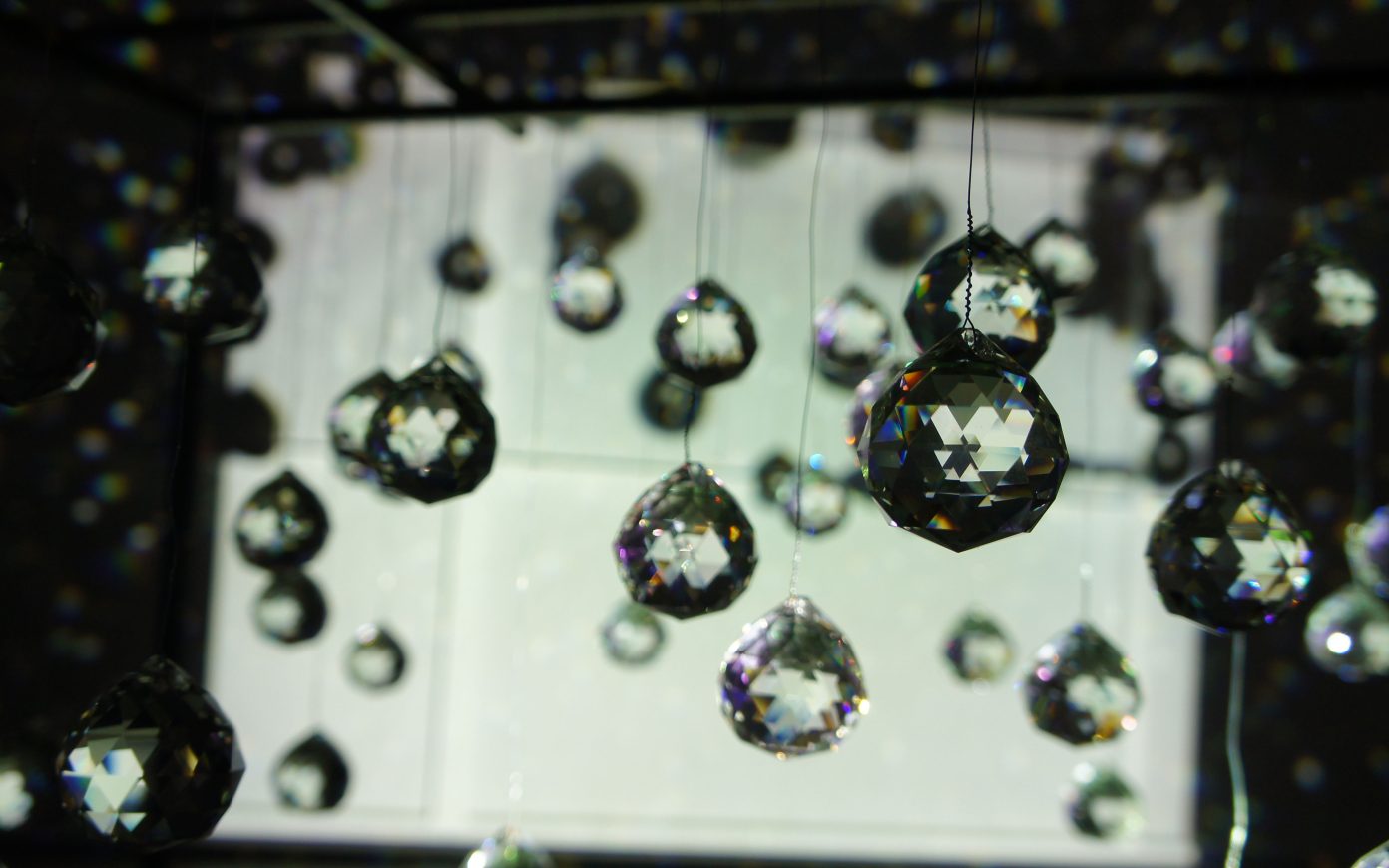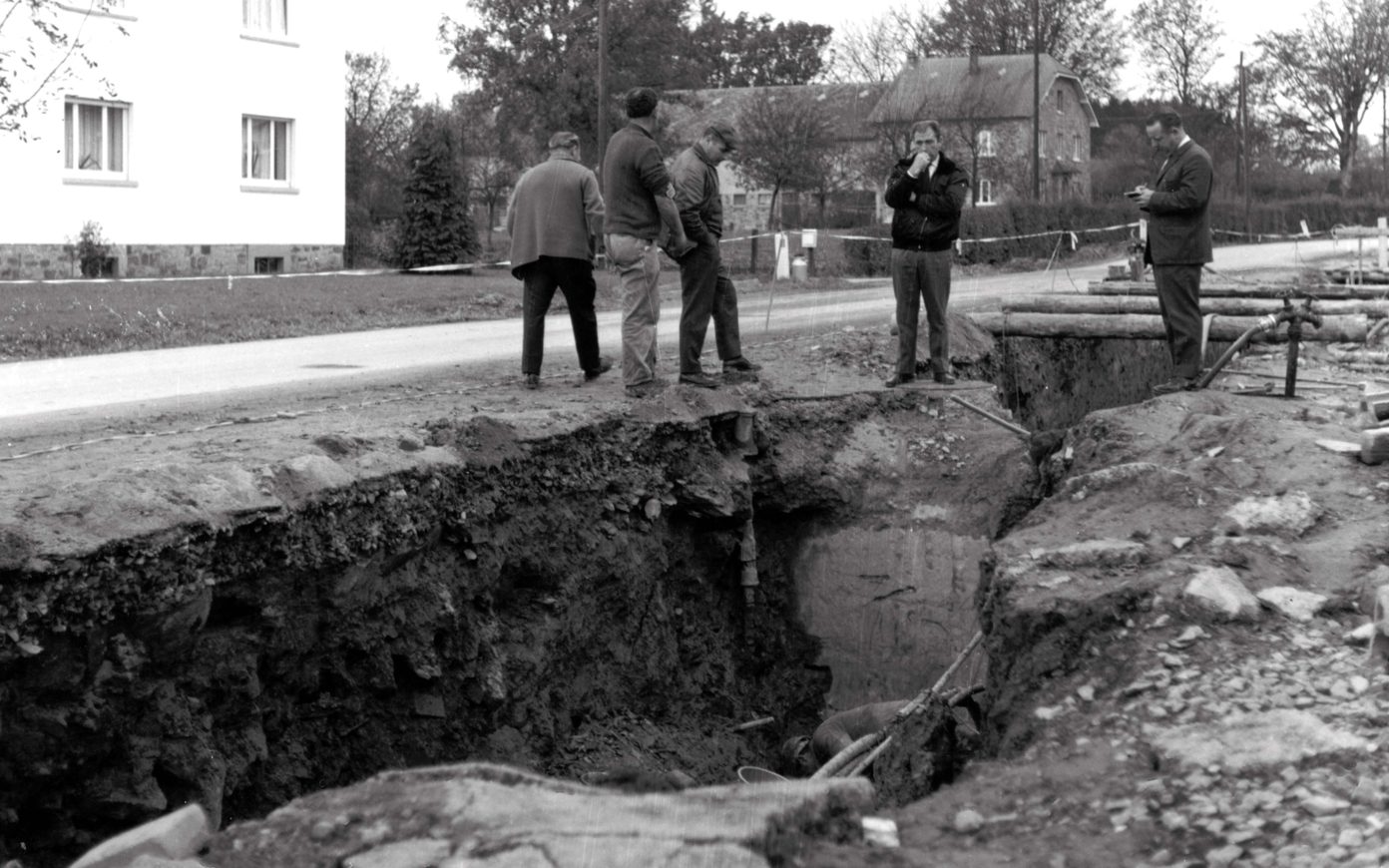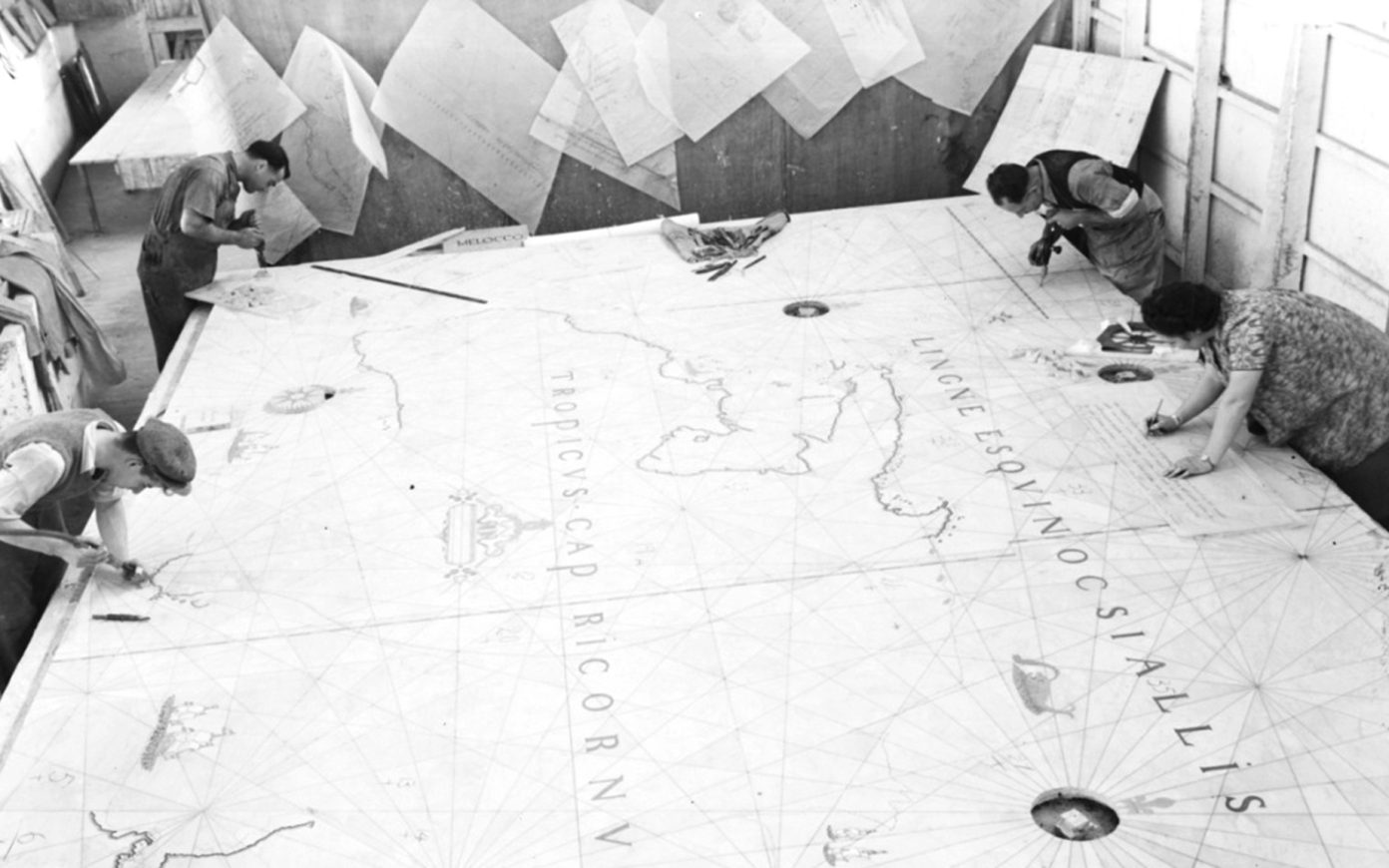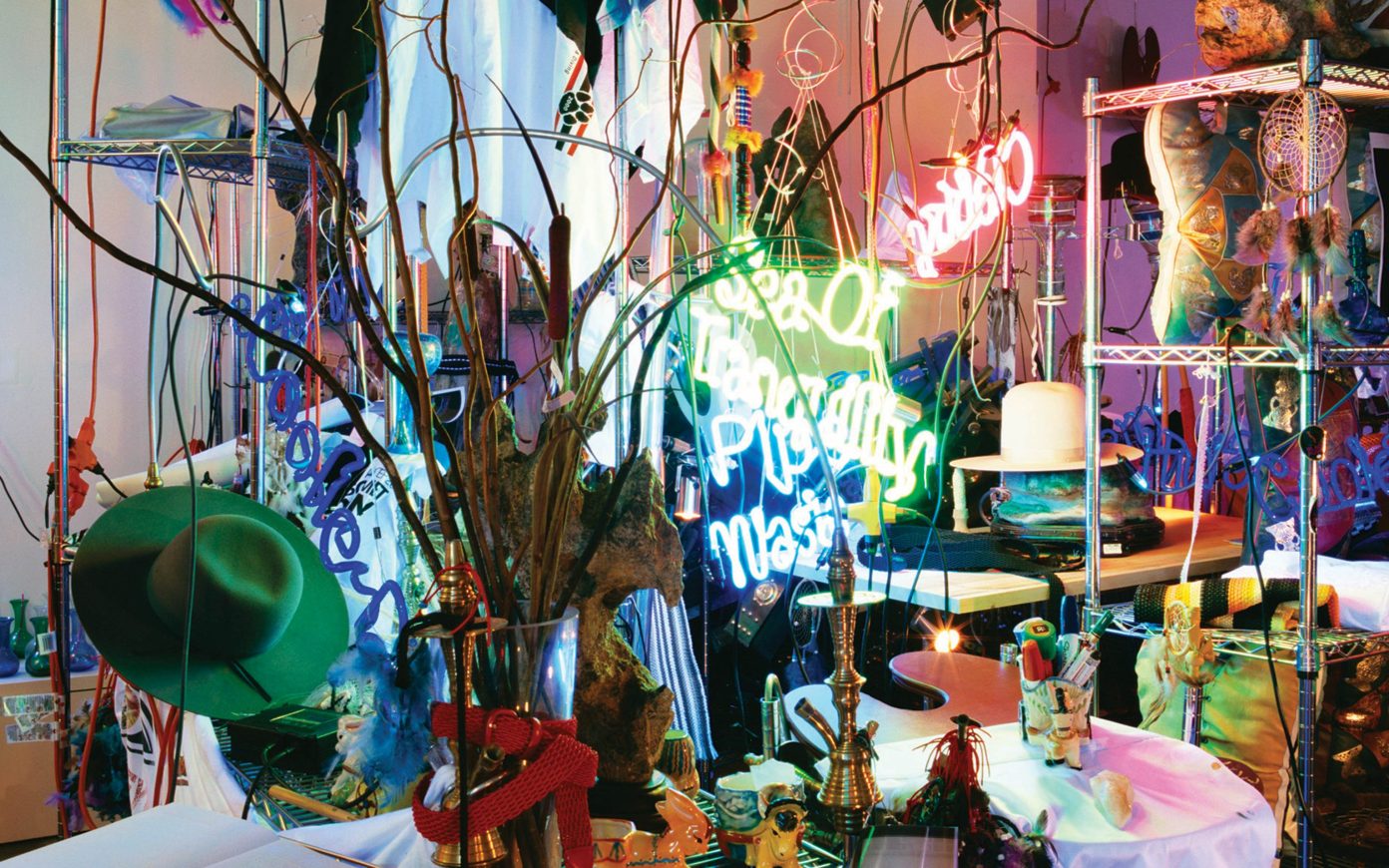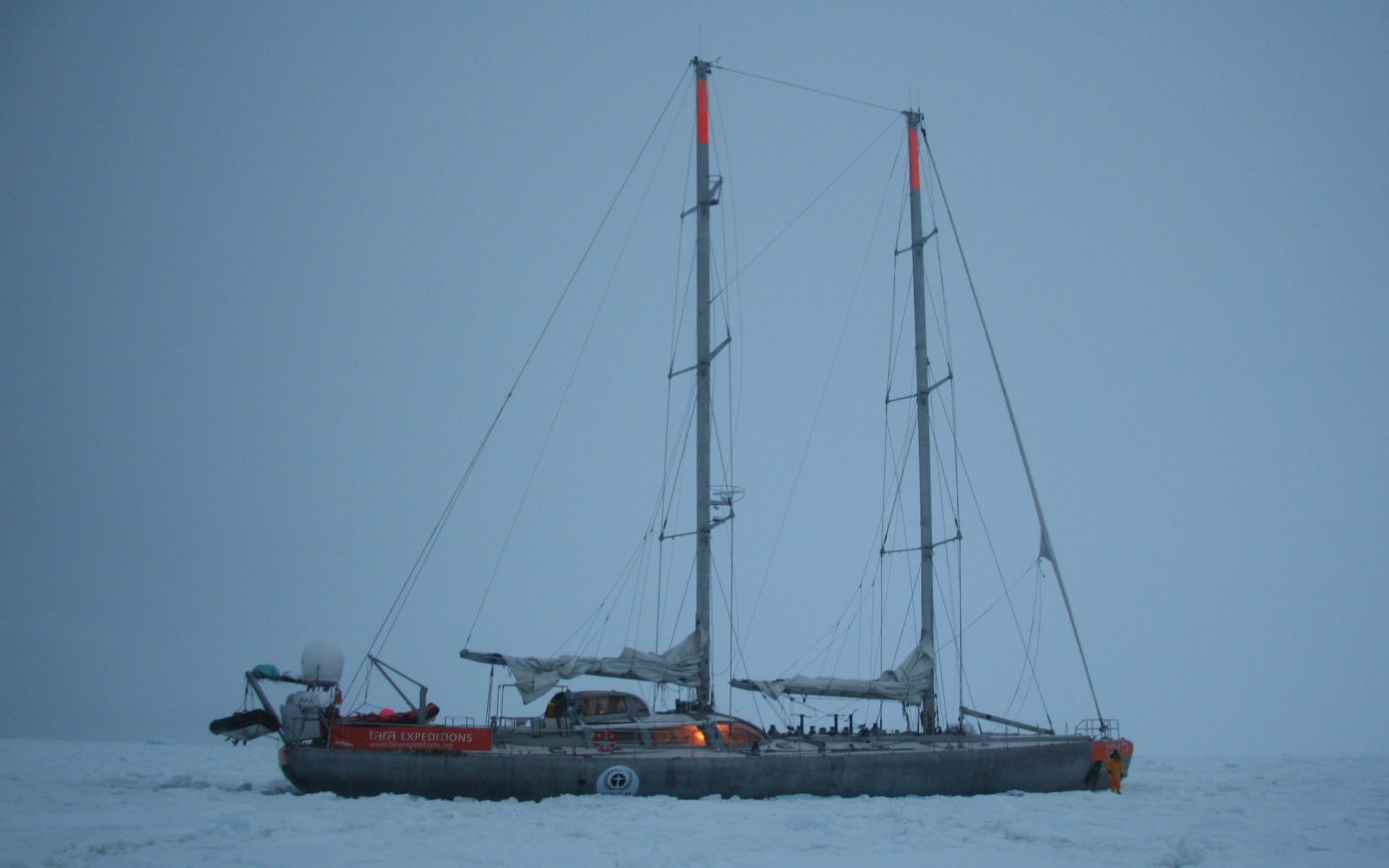Nicolas Bourriaud sent this letter to Pierre Hyughe while the artist was on an expedition for several months. The historian and art critic questions the artist’s approach, addressing notions such as spare time and exploration in the light of a finite, well-known and already completely mapped world. How can the artist create knowledge on contemporary space without this knowledge being categorized in the existing disciplines?
Nicolas Bourriaud is an art historian, art critic, theorist and exhibition curator. Since 2016, he is the director of the future Montpellier Contemporain (MoCo).
A visual artist, Pierre Huyghe has long been associated with relational aesthetics, having explored the relationship between reality and fiction, the issue of memory, of expeditions and exhibitions. A recipient of many awards, and having been exhibited in the most prestigious international cultural institutions, he is now investigating the complexity of organic life, which is a way of departing from the control of authorship to create the conditions for the emergence of a self-evolving work.
Catalog text for the GNS (Global Navigation System) exhibition, Palais de Tokyo, Éditions du Cercle d’art, Paris, 2003 (pp. 118‒9)
